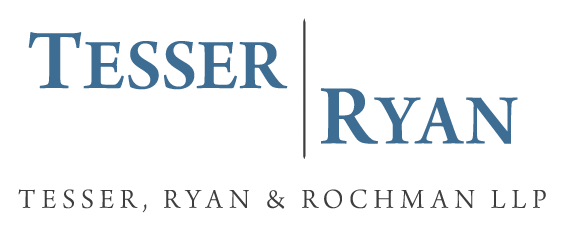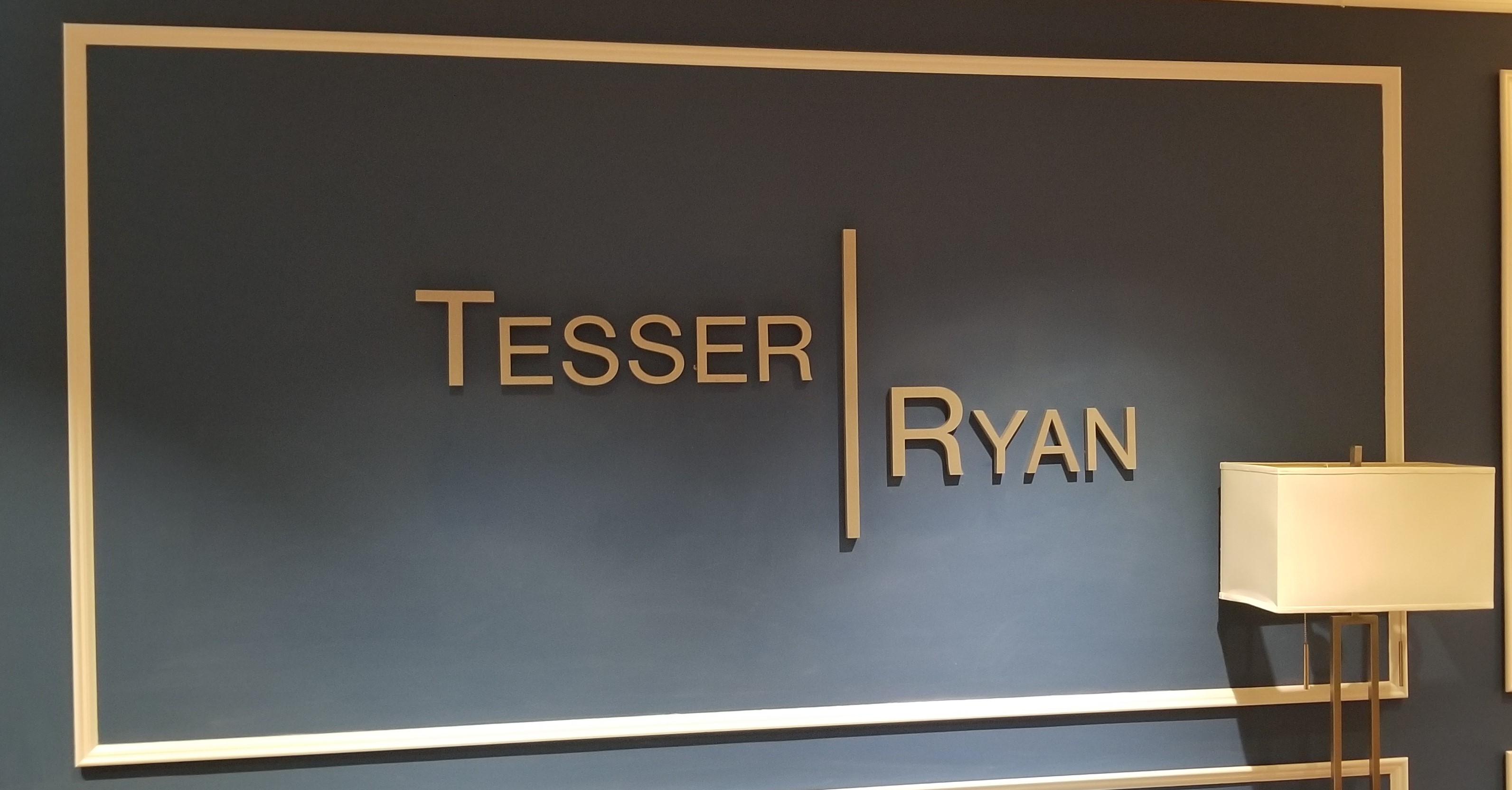Are Attorney Disciplinary Proceedings Confidential? Kind Of
Investigations of attorney misconduct are generally thought to be confidential, and they largely are. But there is one aspect of disciplinary proceedings that leaves some attorneys feeling exposed.
In New York, allegations of attorney misconduct (violations of the New York Rules of Professional Conduct) are investigated by the Attorney Grievance Committees (“AGCs”), offices of the four appellate courts that serve both investigatory and prosecutorial functions.
If an AGC determines that an attorney has acted unprofessionally, they can choose whether to impose private discipline or to bring charges in court for public discipline including a public censure, suspension, or disbarment.
Sometimes, an AGC will even open an investigation of their own accord (sua sponte), but usually, an investigation starts with a complaint from a member of the public.
Anyone can bring a complaint against an attorney, it doesn’t have to be a client. Someone who brings a complaint against an attorney is called a complainant. The attorney is called the respondent.
After a complaint is brought against an attorney, the attorney will have an opportunity to provide an answer in response, often disputing the claims in the complaint or explaining their conduct. The complainant is provided with a copy of the respondent’s answer because they are permitted to submit a reply in response.
Many attorneys support confidentiality of attorney disciplinary proceedings because not every allegation of misconduct is substantiated. A lawyer’s reputation could be harmed by a false accusation of misconduct. Even if misconduct is deemed to occur, it is up to the AGC and the courts to decide whether discipline should be private or public. Confidentiality in attorney disciplinary proceedings also encourages candor from attorneys as they answer complaints and comply with AGC investigations.
Recognizing the importance of confidentiality in these proceedings, New York law makes provisions aimed at keeping disciplinary investigations out of the public eye. New York Judiciary Law §90(10) states that all disciplinary proceedings are closed to the public unless a court imposes public discipline. According to the statute, except for some exceptions, “all papers, records and documents . . . upon any complain, inquiry, investigation or proceeding relating to the conduct or discipline of an attorney . . . shall be sealed and be deemed private and confidential.”
Also, Rule 1240.18 of The Rules for Attorney Disciplinary Matters states, “all disciplinary investigations and proceedings shall be kept confidential by Court personnel, [AGC] members, staff, and their agents.”
These protections, however, only require the government to keep the proceeding confidential, they do not apply to the complainant, who is provided with a copy of the attorney’s answer to their complaint. The complainant is then free to disseminate information from the answer, or even publish the answer in full publicly. Some attorneys feel that this undercuts the confidentiality of the proceeding and risks revealing sensitive information to the public, as it is common for attorneys to include information about their health, personal lives, and/or business affairs if it is relevant to explain the alleged misconduct.
Confidentiality of disciplinary proceedings, such as it is, is the product of the hard work and long deliberation from members of the legal ethics community. This is a complex issue, as there are legitimate reasons for a complainant to be provided with an attorney’s answer, such as the opportunity to submit a reply.
However, if the New York legal community did wish to further bolster the confidentiality of disciplinary proceedings, it could explore the option of conditioning a complainant’s access to an attorney’s answer on entering into a non-disclosure agreement.
Any such revision to the law would both have to take into account the complainant’s freedom of speech and the AGC’s interest in allowing complainants to respond to attorneys’ answers. If the complainant is given the choice of whether to view (and respond to) an attorney’s answer, the non-disclosure provision would be voluntary and could likely be crafted so as not to implicate the First Amendment. If a complainant does not view or respond to an attorney’s answer (which is already sometimes the case), the AGCs are empowered to conduct a full investigation, and could even question a complainant without revealing the substance of an answer.
Legal ethics and the mechanisms for enforcing them are constantly evolving. It will be interesting to see if these confidentiality provisions are the subject of future discussion.
If you have any questions about attorney disciplinary proceedings, you can call Tesser, Ryan & Rochman, LLP at (212) 754-9000.

